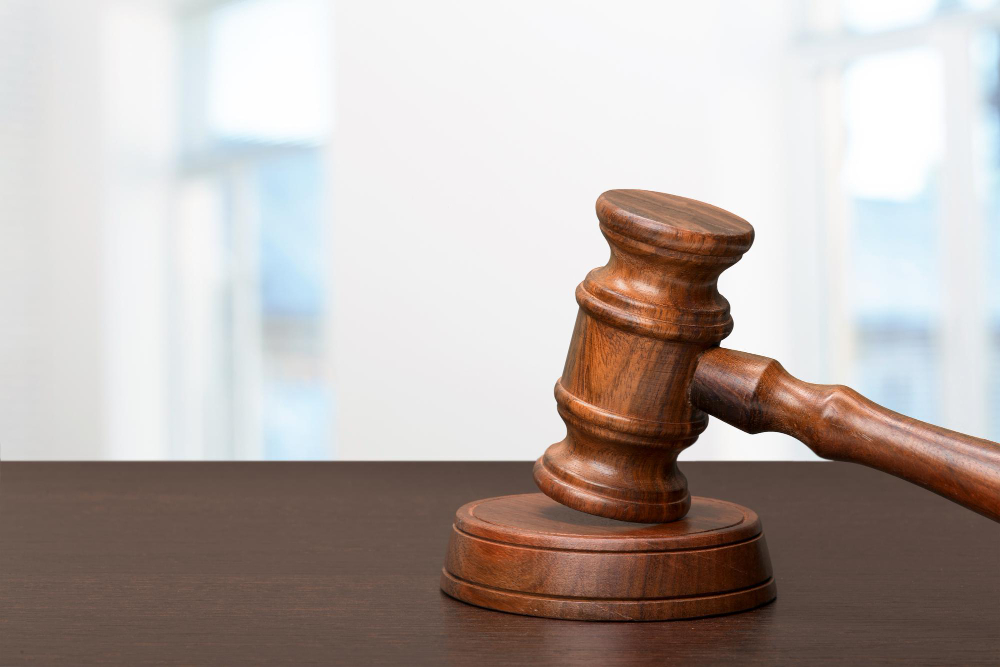Reasons Why Court Denies Adjournment Request

When legal proceedings are underway, an adjournment request may sometimes be made by a party seeking to postpone a hearing or trial. Though seen as a routine aspect of litigation, not all requests for adjournment are viewed favorably by the court. In the intricacies of legal battles, understanding the grounds on which a court may deny such a request is paramount. If you’re facing a court proceeding, consult with Ilvento Law in Orlando, FL to ensure your case is properly prepared from the start.
Introduction
For those navigating the legal system, the term 'adjournment' might come up fairly often. Simply put, it's a request filed by an attorney or a party to a lawsuit asking the court to delay a scheduled hearing or trial to a later date. Adjournments can be sought for a multitude of reasons, ranging from the need for additional time to gather evidence, to unforeseen emergencies that impede one's ability to proceed. However, these requests are not always granted.
Importance of Adequate Preparation
Preparation is the bedrock of effective legal advocacy. Courts generally expect that parties will come prepared to proceed with their cases on the scheduled dates. When a party isn’t well-prepared, judges are hesitant to grant delays because the court system values efficiency and the prompt resolution of disputes.
Judges can readily distinguish between a genuine need for more time and procrastination. Notably, a pattern of delays or a last-minute adjournment request without a compelling justification often leads to denial. The underlying message is clear: justice delayed can be justice denied.
Violation of Court Rules
Courtrooms operate under strict rules and protocols, which include firm deadlines for filing motions, submitting briefs, and complying with other procedural requirements. If a party asks for an adjournment without having followed these rules, or if they have displayed a history of disregard for court orders, judges are inclined to deny the request.
Ignoring these established norms not only disrupts the schedule of the court but also signals a lack of respect for the judicial process. The integrity of the legal system hinges on all parties playing by the rules set forth by the court.
Impact on the Fairness of Proceedings
A fair trial is a cornerstone of the legal system. Courts are mindful of their duty to administer justice promptly and without undue delay. By denying adjournment requests that impede this objective, judges maintain the delicate balance of a fair and efficient legal procedure.
Without proper grounds for delay, granting adjournment could potentially give one party an unfair advantage over another. Such imbalances are antithetical to the central tenets of the legal process. Therefore, adjournments are evaluated with stringent regard to the fairness and expeditious nature of proceedings.
Prejudice to Other Parties
When considering an adjournment, the courts also weigh the potential prejudice to other parties involved in the case. Unnecessary delays can incur additional costs, prolong stress and uncertainty, and compromise the finality of the resolution.
By striking a balance and protecting the interests of all parties, courts ensure that the request for an adjournment does not become a tool for tactical advantage.
Conclusion
Courts deny adjournment requests based on several factors, but the common thread is the imperative of advancing justice efficiently, fairly, and with a balanced consideration of all parties' interests. As such, adequate preparation and strict adherence to court rules cannot be overemphasized.
For individuals seeking guidance in family law practice in Orlando, FL, understanding these reasons can be crucial for their cases. It is pivotal to partner with a dedicated legal team that recognizes the importance of preparation and respects procedural rules to uphold the integrity of the legal process.
If you need assistance with family law practice in Orlando, FL, contact Ilvento Law today for expert advice and representation. Our commitment is the prompt and fair resolution of your legal matters, ensuring your needs and interests are at the forefront of our practice.